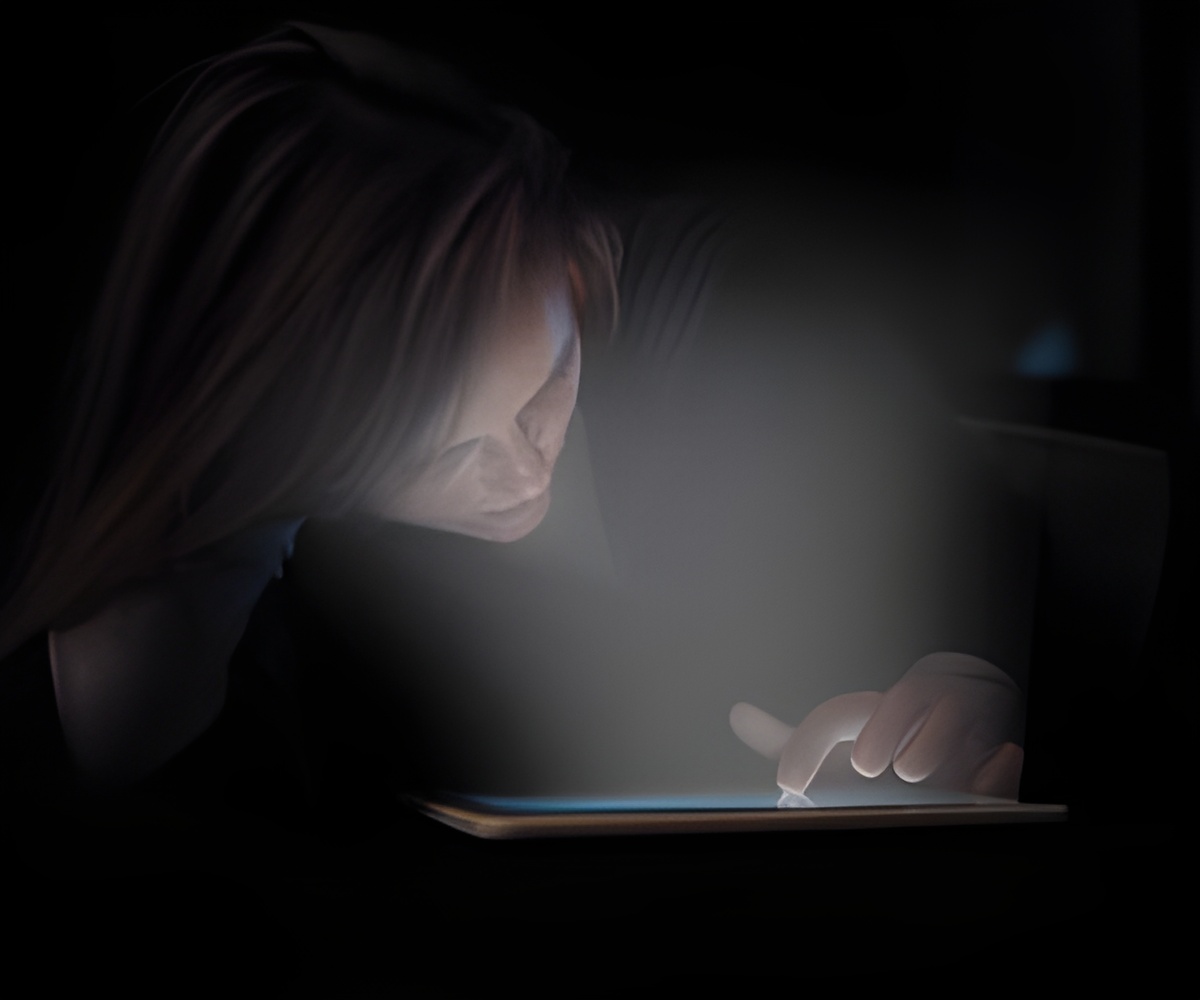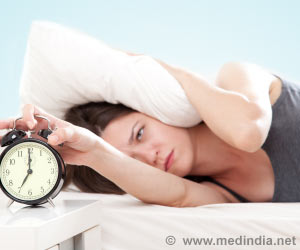Reading from an iPad for 30 minutes before bedtime was found to have a negative impact on sleep quality. Reading a physical book did not affect sleep quality.

“Since light has an alerting effect, we predicted a lower sleepiness in the iPad condition at bedtime compared to the book condition,” said lead author Janne Gronli of the University of Bergen in Norway. But it was surprising that the iPad light did not delay sleep initiation, she said.
“We found a delay of 30 minutes in the generation of the restorative slow waves during sleep in the iPad condition,” Ms. Gronli said.
The study included 16 participants between the ages of 22 to 33 who were familiar with tablets and had no sleep, medical or psychiatric disorders.
The study participants were instructed a week before the study to keep a regular sleep-wake schedule and to stay in bed as long as they needed to sleep. During the study participants slept in their own beds.
The researchers examined polysomnographic data for three nights of sleep - one for control, one night of reading from an iPad for 30 minutes and one from a book for 30 minutes. While reading from a book, the participants used ordinary reading light in their bedrooms.
Advertisement
The bedtime and the time at which people got up from the bed were similar in both conditions. The participants slept slightly less than 8 hours on both days. But the participants reported that they felt sleepier when reading the physical book.
Advertisement
“The eye absorbs short wavelength blue light and signals to the brain that it is daytime by triggering waking and alerting active brain areas,” said Gronli.
“Slow wave sleep EEG activity is important for the restorative effect of our sleep. The brain’s ability to synchronize cortical activity and generate slow waves with high amplitude when we sleep improves memory and cognitive performance,” she said.
“We only examined one night using an iPad,” Gronli said. “It is tempting to speculate that daily use of an iPad, and other blue light emitting electronic devices before bedtime may have consequences for human sleep and cognitive performance.”
“To avoid increased activation before bedtime the bedroom should be used to sleep in, not for work or being on social media,” she said.
The study published in the journal Sleep Medicine.
Source-Medindia















